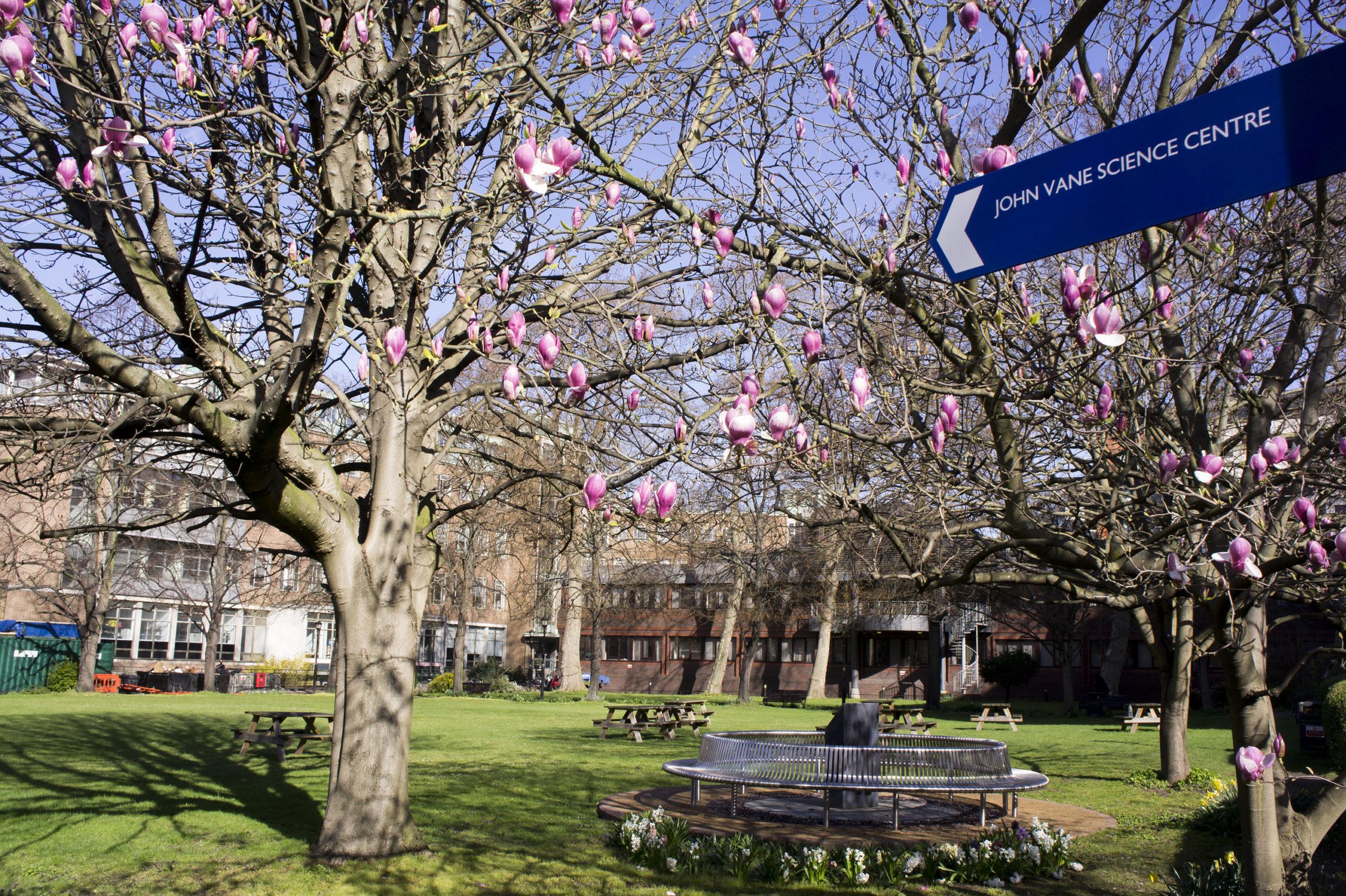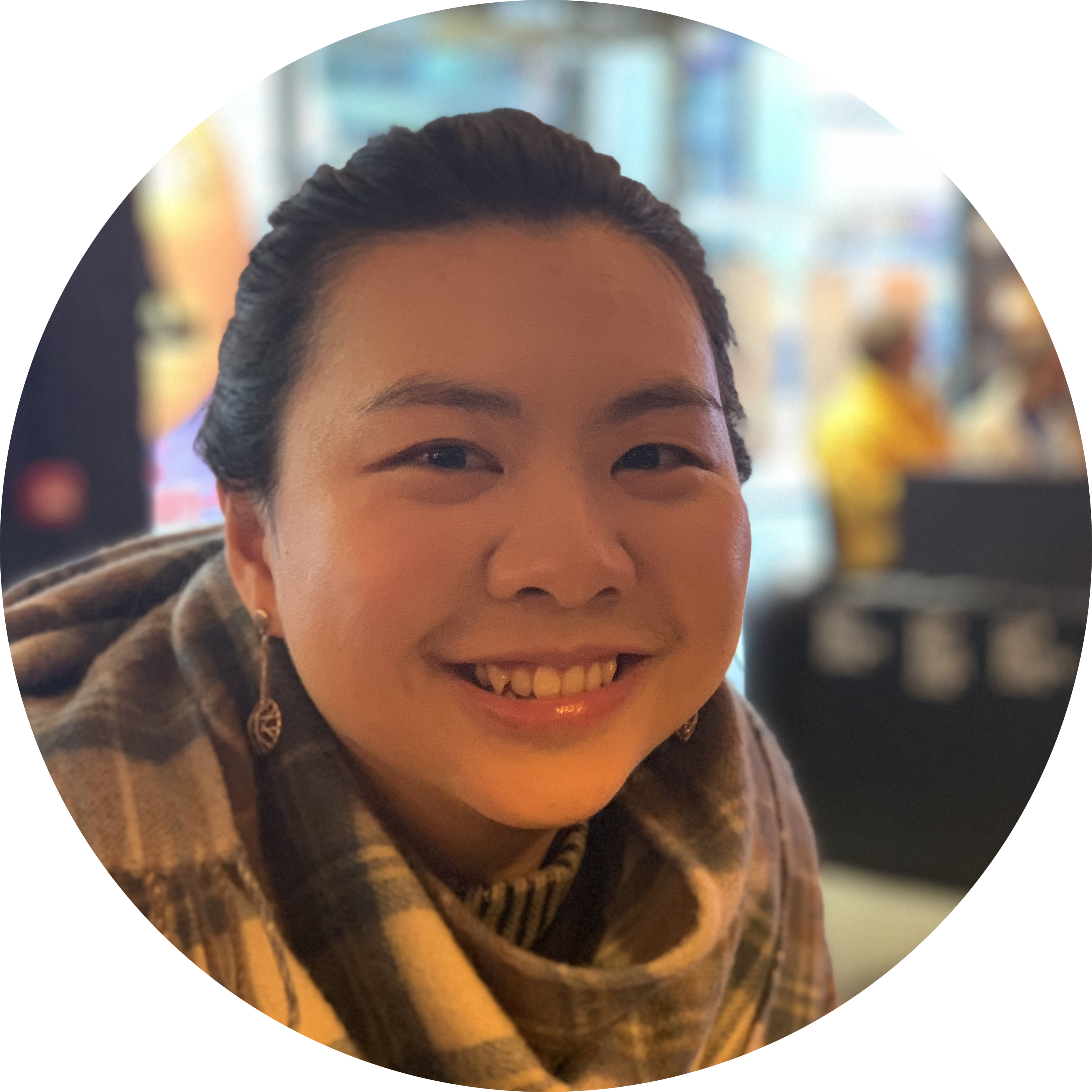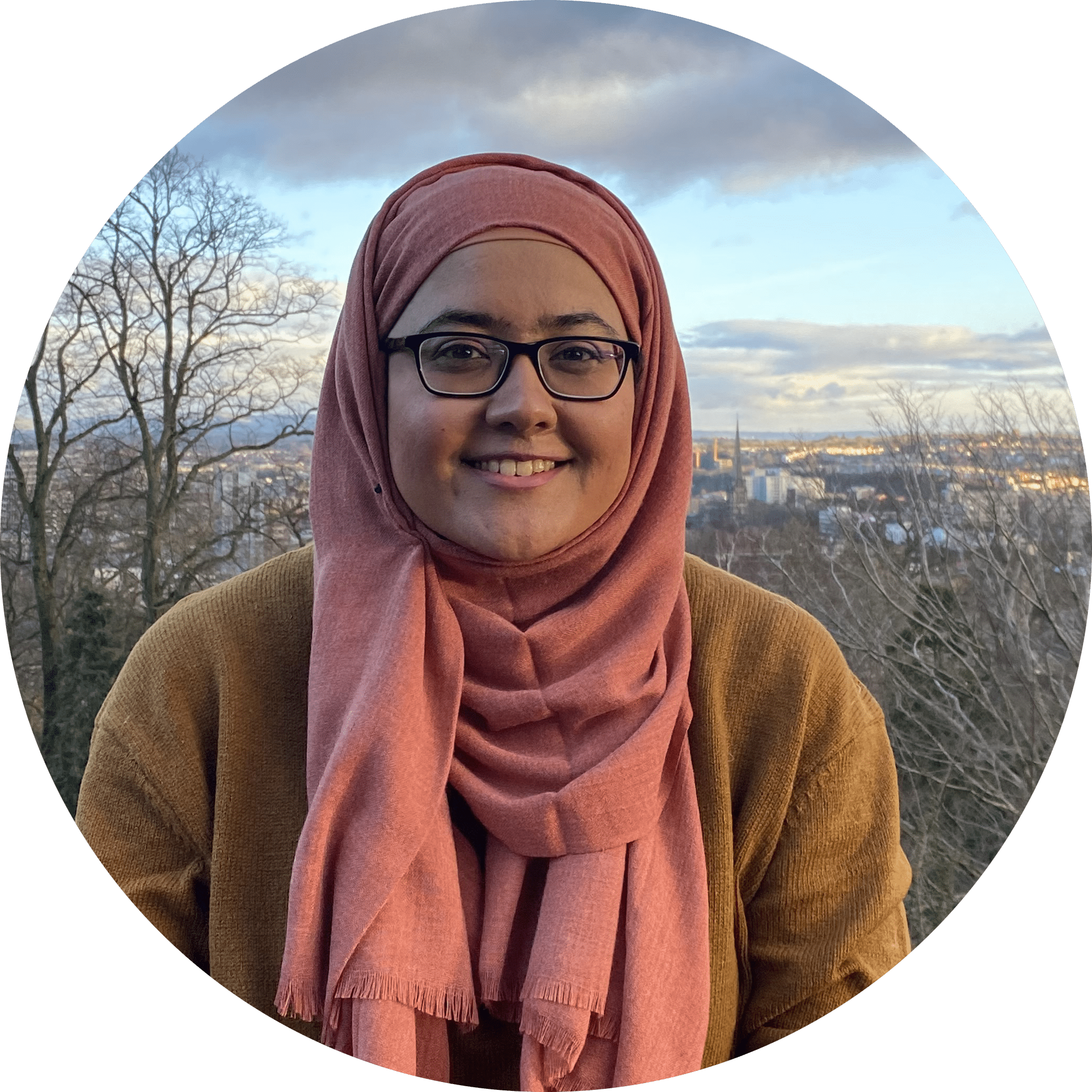International PhD Students
at Barts Cancer Institute
Queen Mary University of London is one of the most internationally diverse institutions in the world, with students from over 160 countries. This page contains useful resources for international students wising to apply for postgraduate research opportunities at Queen Mary's Barts Cancer Institute (BCI).
At BCI, we have over 100 research students, consisting of both scientists and clinicians, undertaking PhD or MD Res degrees on a wide range of projects. Students carry out an original research project in one of our Institute laboratories at Charterhouse Square campus.

Our international PhD students
Hear about the experiences of some of our former and current international PhD students.

Wai Yiu Tse (Betty)
Why did you choose Barts Cancer Institute, Queen Mary University of London for your PhD?
I did my master's course at BCI, and had a good experience. I met Dr Sarah Martin for my master's project, who then became my PhD supervisor. Dr Martin is a wonderful supervisor, and encouraged me to explore further the topic I was interested in and allowed me to perform different types of experiments. Moreover, the people in the department and the BCI are friendly and helpful; I can ask lots of questions and for advice from others to understand more about their topics of research and to get more inspiration for my topic. For these reasons I decided to stay at BCI to pursue a PhD.
What was your project? How/why did you choose the lab group/project?
My PhD project was focused mainly on understanding the roles of DBHS proteins (which are DNA/RNA binding proteins) in the response to DNA damage. I was deeply interested in DNA damage and the repair pathway and knowing that Dr Martin was a very supportive supervisor, I chose this project in Dr Martin's group.
What did you enjoy most about studying at BCI?
I can freely discuss my project with others and get advice and inspiration. Also, I can get to know others' projects by attending seminars, meetings, the annual BCI PhD Day and William Harvey Day. By discussing my work with others who have different research backgrounds, I was able to explore different possibilities for my research and think outside the box.
Also, we are encouraged to attend different conferences around the world. This helped me to gain a broader understanding of my research area, and also encouraged collaboration and networking with others who are also specialists in the field. It's definitely a superb experience!
How has your PhD helped with your career development?
I realised what I really wanted to do in the future during my PhD. During my PhD, I was given an opportunity to teach and supervise students, which was an amazing experience. I also enjoy the environment of being in academia. Furthermore, I got to know the group leaders by attending different meetings and conferences, which helped me to network with people whose groups I am interested in. These activities helped me to plan for the next step of my career path.
Do you have any tips for international students considering applying for a PhD at BCI?
Definitely send an email or arrange a chat with the group leader of the group you would like to join, and ask loads of questions during the chat. This can help you to get a better idea of what the project is about and the potential of the project. Furthermore, talk to the people who work in the group. This will give you an idea of what it is like to work as a PhD student and the opportunities in the group. Also, choose a topic that you are interested in - curiosity really helps to guide you through the PhD.

Faika Laz Banti
Why did you choose Barts Cancer Institute, Queen Mary University of London for your PhD?
I joined the Barts Cancer Institute as it is one of the leading cancer institute’s worldwide, conducting impactful research that is generating significant improvements in early detection and diagnosis of different types of cancer, and working to accelerate the discovery and development of more effective and innovative therapies.
What is your project? How/why did you choose the lab group/project?
My project is about exploring whether epigenetic therapies may offer a tool to treat and understand blood cancers, in particular acute myeloid leukaemia. I chose Professor Jude Fitzgibbon’s group because he has expertise in sporadic and hereditary leukaemia. Also, the group has a strong track record of publications, is well-funded and has strong contacts with industry and other UK and international research institutions.
What have you enjoyed most about your experience so far? Have there been any challenges?
This is a life-changing experience. It has only been a few months since I started my PhD. So far, I have enjoyed settling into the lab, learning new techniques, and seeing PhD students and postdoctoral researchers presenting their work in group meetings and seminars.
The only challenging part for me was the waiting period during my scholarship process. I am funded by the Commonwealth Committee in the UK. It is one of the most competitive scholarship programmes. The whole process from the beginning of the application to the selection stage took 6-7 months, but at the end it was all well worth the time and effort.
Do you have any tips for international students considering applying for a PhD at BCI?
If you are planning to apply for a PhD programme, I would suggest starting early. BCI has a lot of research options - learn about as many research groups as possible and ask yourself which research excites you the most. This will help you to find the right research group. It’s important to reach out to your potential supervisor and if possible, arrange a meeting. It helped me a lot and my supervisor supported me with developing my application.
Explore our research
If you are considering applying for a PhD at BCI, a good place to start is to identify a Group Leader whose research interests you. Visit our staff profile pages to find out more about the research conducted by each laboratory group at the BCI.
Vacancies
We offer new PhD studentships funded from a variety of sources, which are advertised throughout the year. When PhD studentships become available, they are advertised on our Vacancies page.
Get in touch
For general enquiries please contact Dr Sarah Martin, Director of Graduate Studies.

